togwt
The Old Grey Whistle Test
Before you can select an appropriate solution you must first correctly identify the specific problem, once established the removal methods can be searched from the list of ‘Relevant Articles’ at the end of this article
Some problems exist in the paint, as well as on the surface. As you become more experienced with paint problems, you will be able to determine correctly which methods to use. Paint surface problems are listed alphabetically and a relevant correction article reference listed if available.
Results Obtained
These articles are not intended to warrant or guarantee any results with any of the products mentioned. No endorsement of companies or their products mentioned is intended, nor is criticism implied of similar companies or their products not mentioned.
The author does not provide, nor guarantee and is not responsible or liable for any third-party products or services. Brand, product and company names used throughout these articles are trademarks of their respective companies and are used for product identification purposes only.
Pre-test Spot Procedures
Diagnosis is the key, not guess work. Before using a cleaning product a detailer needs to know the material they are working on, what they are trying to remove and wither the product chosen is compatible with the material and will not damage it. With all cleaning products, always test a small, inconspicuous area first to ensure it won't discolour or stain the surface, and ensure that the pH of the product is suitable for the material. As can be seen stain removal requires some knowledge of basic chemistry.
Read the product labels and manufacturers safety data sheets (MSDS) to obtain a basic idea of contents, pH levels etc. Always select a chemical / cleaner that are biodegradable, environmentally friendly and safe to use by observing any precautions recommended so that they won’t harm you, your vehicle or the environment. Read the product labels and manufacturers safety data sheets (MSDS) to obtain a basic idea of contents, pH levels etc.
Relevant Articles
1. “Bird excrement; the most damaging environmental pollutants” - http://www.autopia.org/forum/autopi...;-most-damaging-environmental-pollutants.html
2. “Clear Coat Thickness and UV Protection Removed by Polishing” - http://www.autopia.org/forum/car-detailing/136818-clear-coat-uv-protection-removal.html#
3. “Environmental Damage” - http://www.autopia.org/forum/car-detailing/136393-environmental-damage.html#
4. “Paint Protection Film (PPF)” - http://www.autopia.org/forum/autopia-detailing-wiki/139652-paint-protection-film-ppf.html
5. “Paint Thickness Gauge (PTG)” - http://www.autopia.org/forum/guide-detailing/137139-paint-thickness-gauge-ptg.html#post1454624
6. “Solvents used in detailing products” - http://www.autopia.org/forum/guide-...ents-used-detailing-products.html#post1451134
Constructive criticism and comments are always welcome as it helps us all improve
Some problems exist in the paint, as well as on the surface. As you become more experienced with paint problems, you will be able to determine correctly which methods to use. Paint surface problems are listed alphabetically and a relevant correction article reference listed if available.
Results Obtained
These articles are not intended to warrant or guarantee any results with any of the products mentioned. No endorsement of companies or their products mentioned is intended, nor is criticism implied of similar companies or their products not mentioned.
The author does not provide, nor guarantee and is not responsible or liable for any third-party products or services. Brand, product and company names used throughout these articles are trademarks of their respective companies and are used for product identification purposes only.
Pre-test Spot Procedures
Diagnosis is the key, not guess work. Before using a cleaning product a detailer needs to know the material they are working on, what they are trying to remove and wither the product chosen is compatible with the material and will not damage it. With all cleaning products, always test a small, inconspicuous area first to ensure it won't discolour or stain the surface, and ensure that the pH of the product is suitable for the material. As can be seen stain removal requires some knowledge of basic chemistry.
Read the product labels and manufacturers safety data sheets (MSDS) to obtain a basic idea of contents, pH levels etc. Always select a chemical / cleaner that are biodegradable, environmentally friendly and safe to use by observing any precautions recommended so that they won’t harm you, your vehicle or the environment. Read the product labels and manufacturers safety data sheets (MSDS) to obtain a basic idea of contents, pH levels etc.
Acid rain
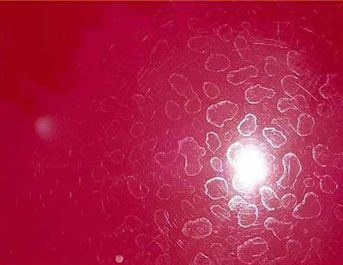
Artillery Fungus
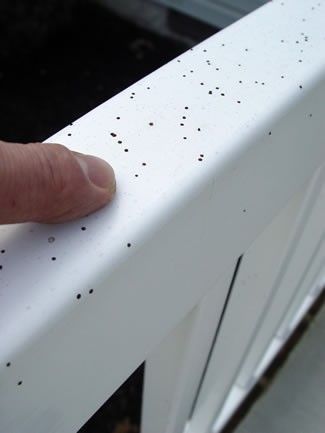
Buffer Trails
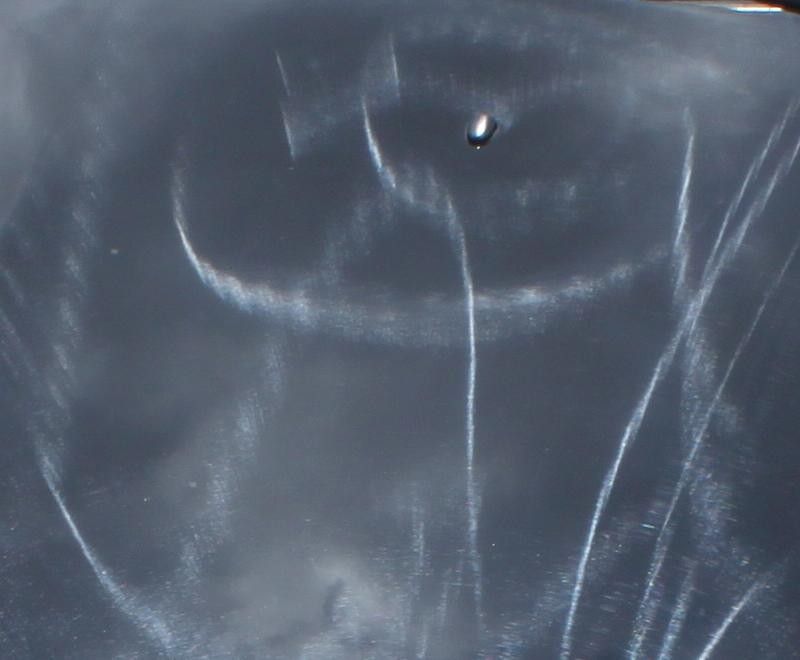
Calcified Water Marks
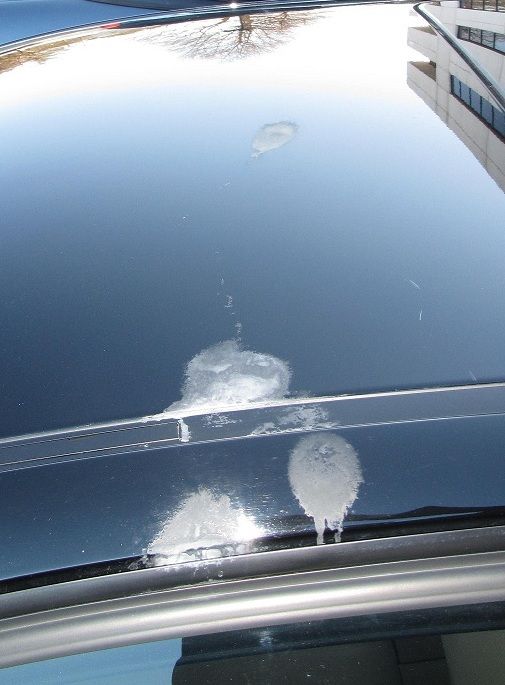
Clear Coat Failure
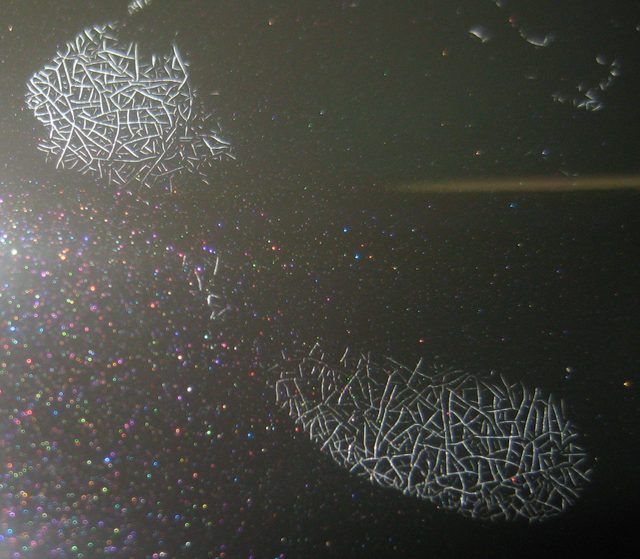
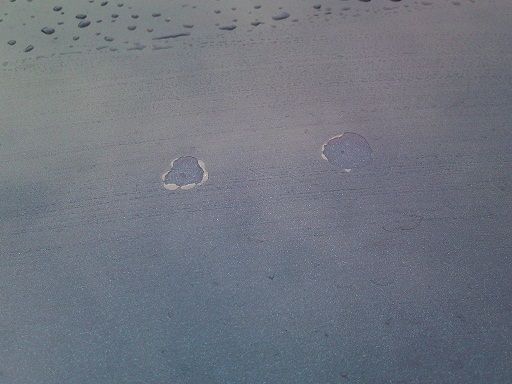
Corrosion (Rust)
Bird and Insect Excrement
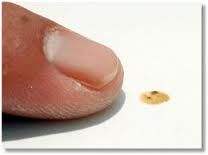
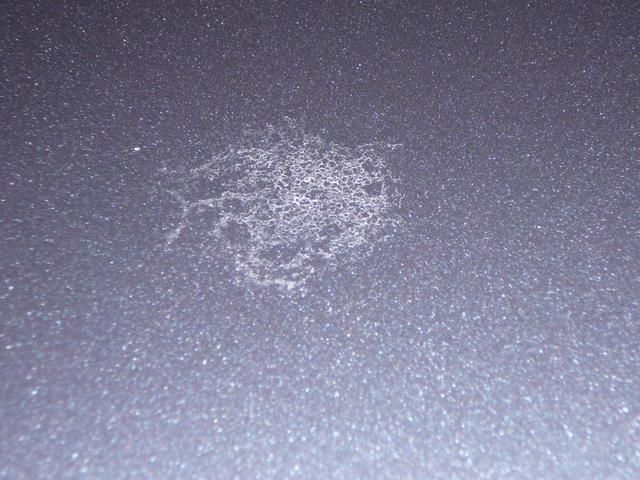
Bituminous Asphalt
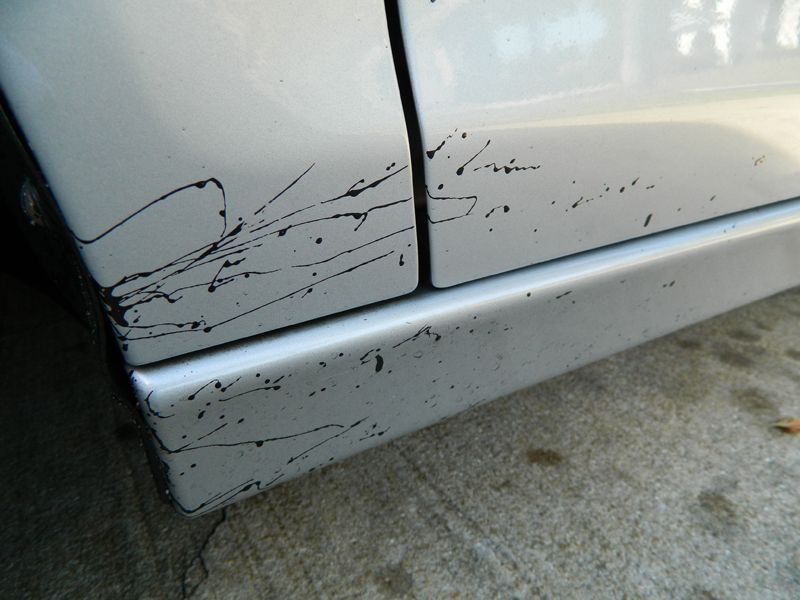
Etching
Halo-scratches
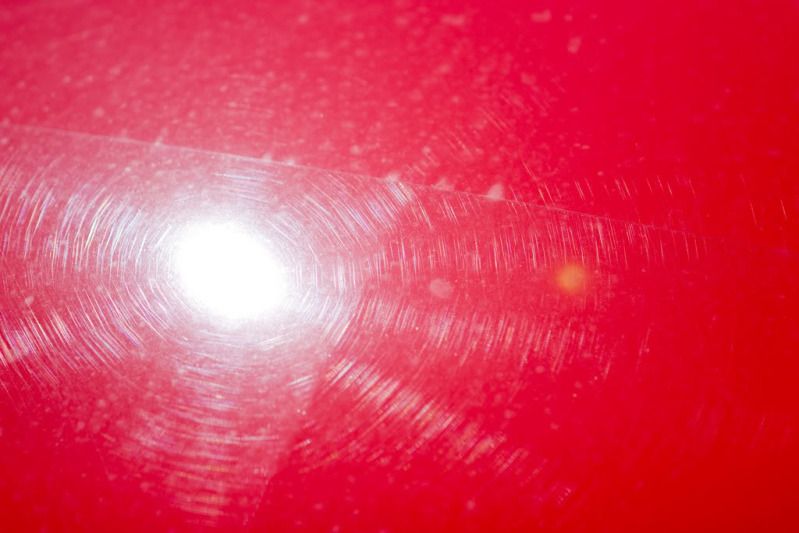
Holograms
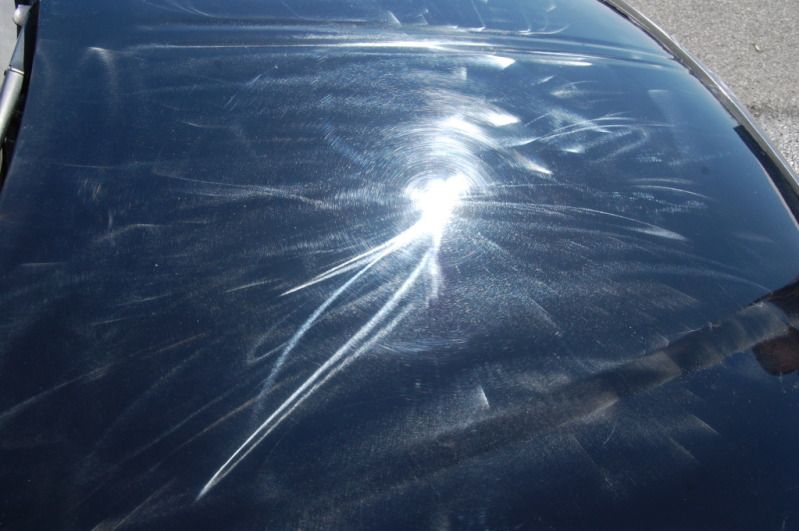
Orange Peel
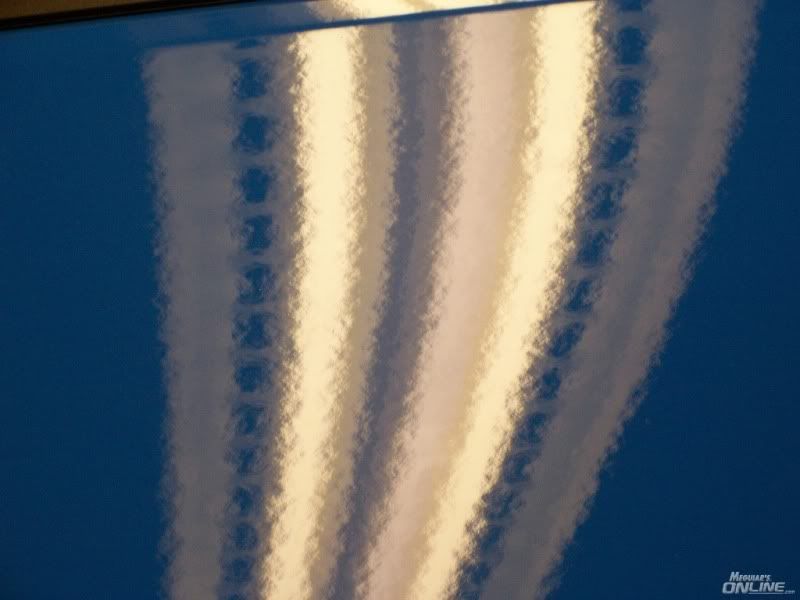
Oxidation
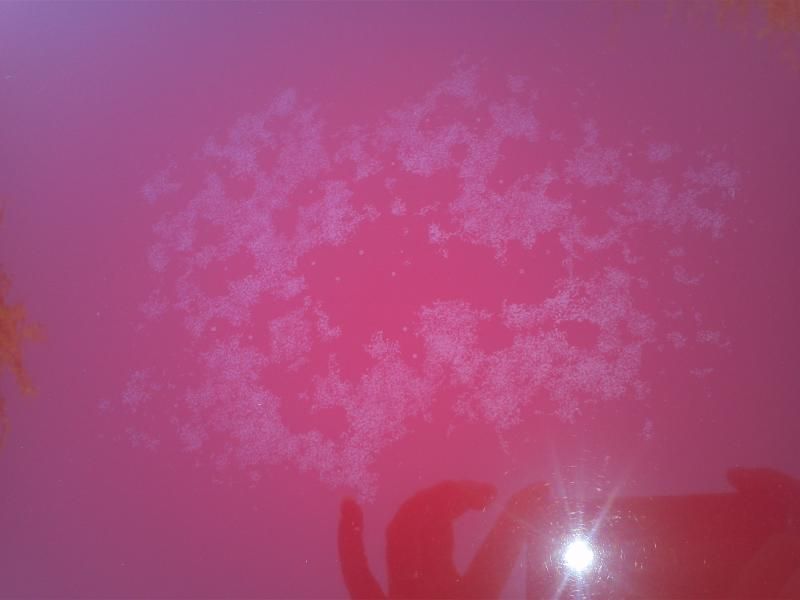
Paint Checking (Failure)
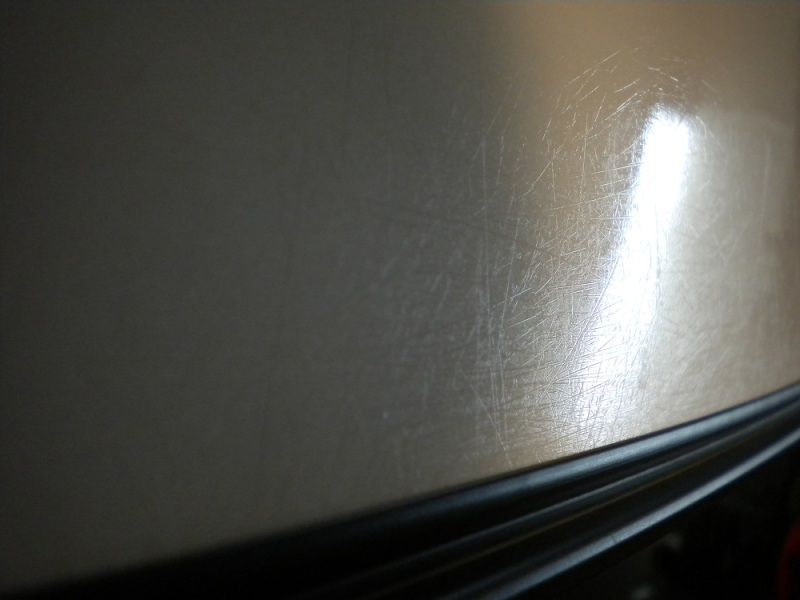
Pig-tailing
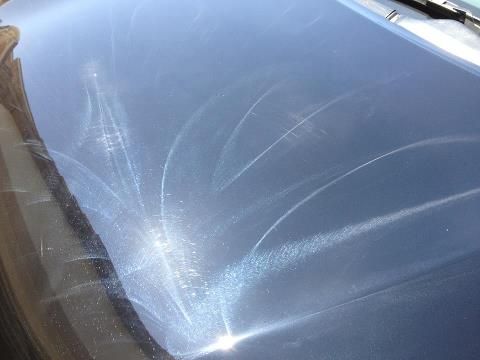
Pollen
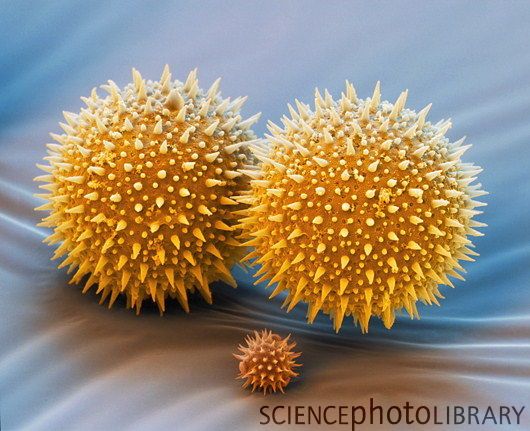
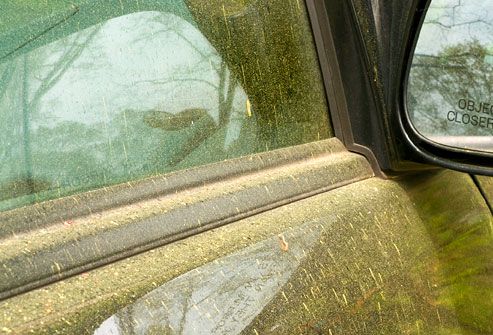
Rust Spots
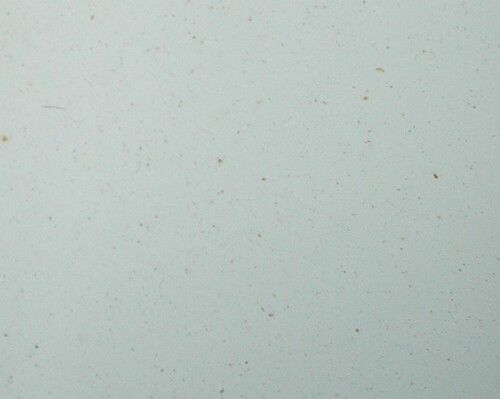
Rail Dust
Strikethrough
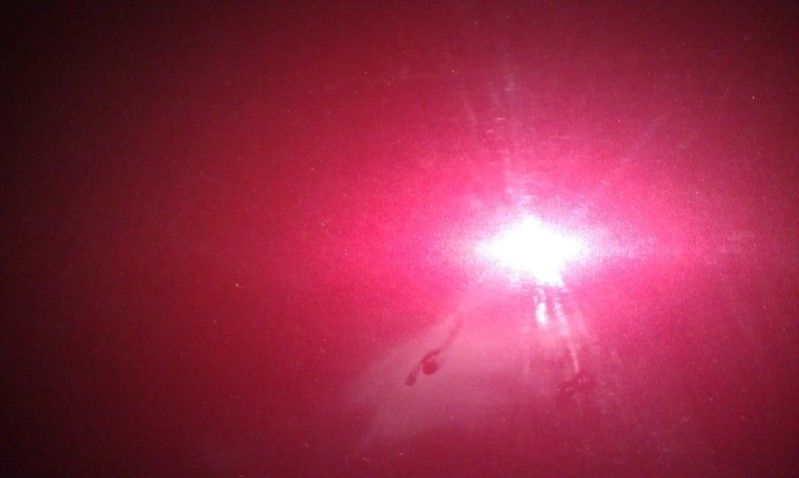
Surface marring (Magnified)
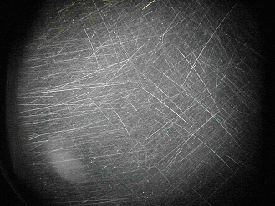
Surface Scratch
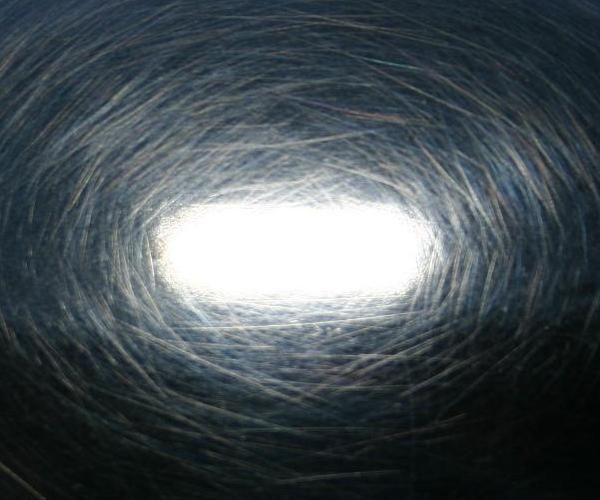
Swirl marks

Tree Sap (Resin)
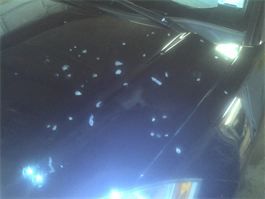
Ultra violet radiation
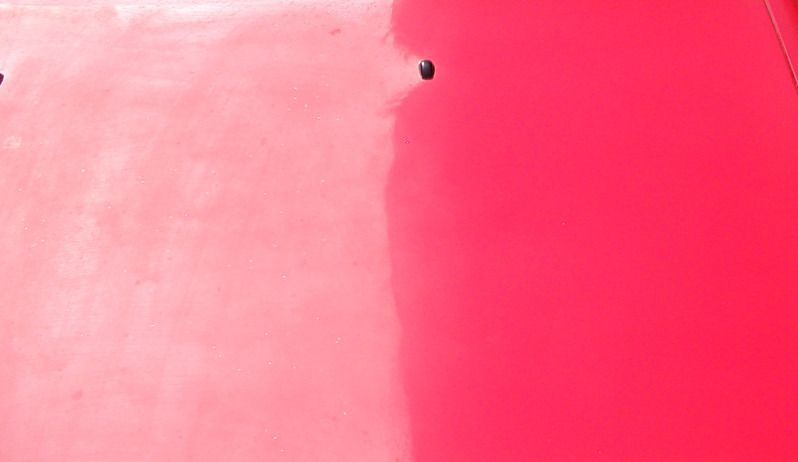
Water Spots
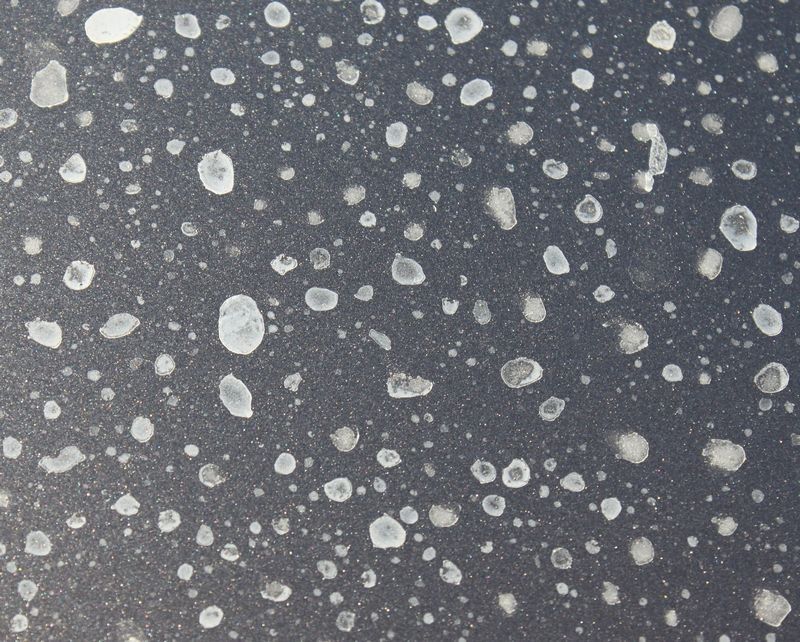

Artillery Fungus

Buffer Trails

Calcified Water Marks

Clear Coat Failure


Corrosion (Rust)
Bird and Insect Excrement


Bituminous Asphalt

Etching
Halo-scratches

Holograms

Orange Peel

Oxidation

Paint Checking (Failure)

Pig-tailing

Pollen


Rust Spots

Rail Dust
Strikethrough

Surface marring (Magnified)

Surface Scratch

Swirl marks

Tree Sap (Resin)

Ultra violet radiation

Water Spots

Relevant Articles
1. “Bird excrement; the most damaging environmental pollutants” - http://www.autopia.org/forum/autopi...;-most-damaging-environmental-pollutants.html
2. “Clear Coat Thickness and UV Protection Removed by Polishing” - http://www.autopia.org/forum/car-detailing/136818-clear-coat-uv-protection-removal.html#
3. “Environmental Damage” - http://www.autopia.org/forum/car-detailing/136393-environmental-damage.html#
4. “Paint Protection Film (PPF)” - http://www.autopia.org/forum/autopia-detailing-wiki/139652-paint-protection-film-ppf.html
5. “Paint Thickness Gauge (PTG)” - http://www.autopia.org/forum/guide-detailing/137139-paint-thickness-gauge-ptg.html#post1454624
6. “Solvents used in detailing products” - http://www.autopia.org/forum/guide-...ents-used-detailing-products.html#post1451134
Constructive criticism and comments are always welcome as it helps us all improve
